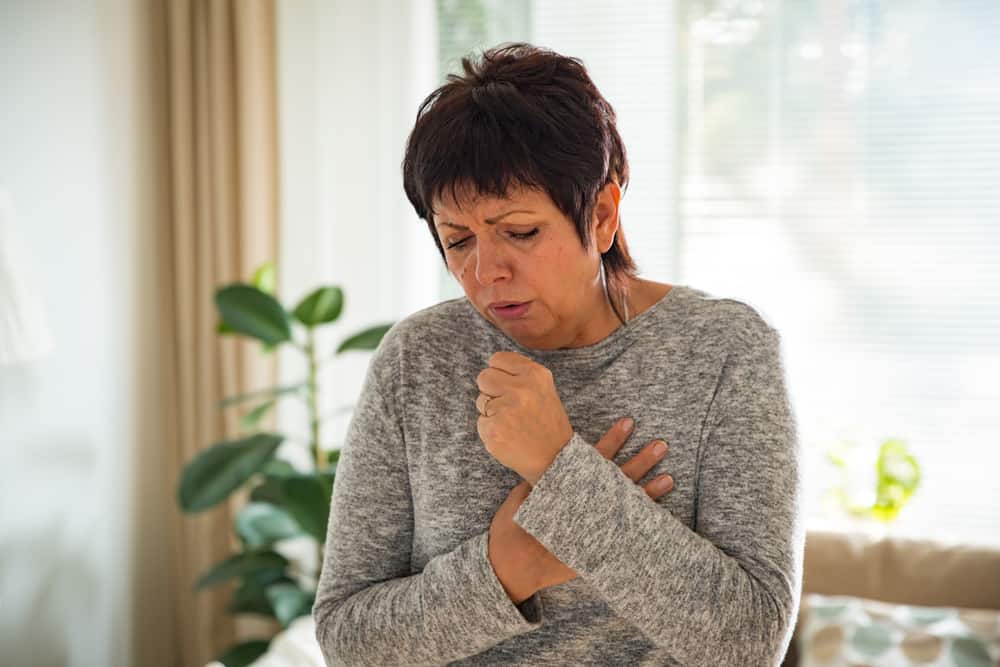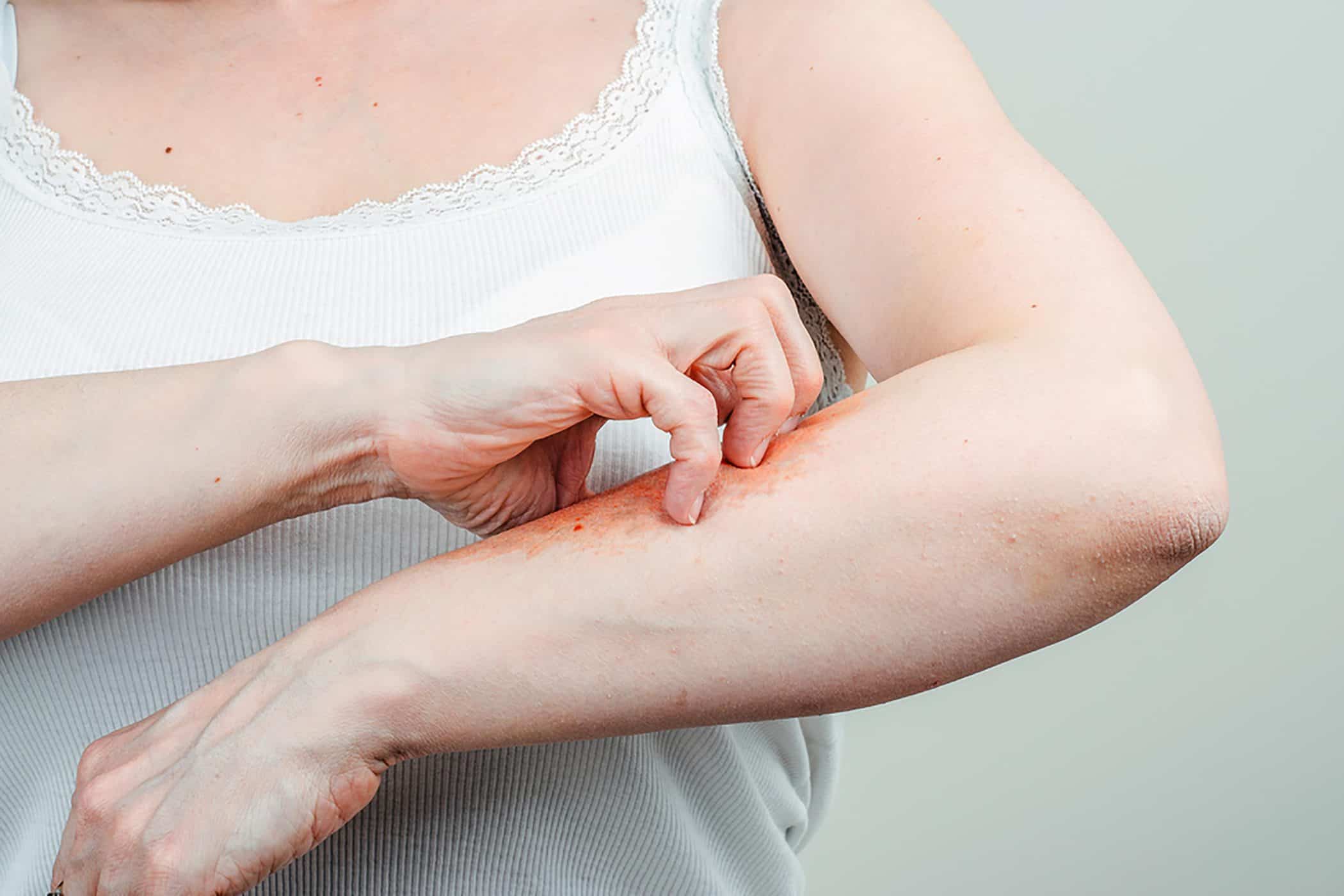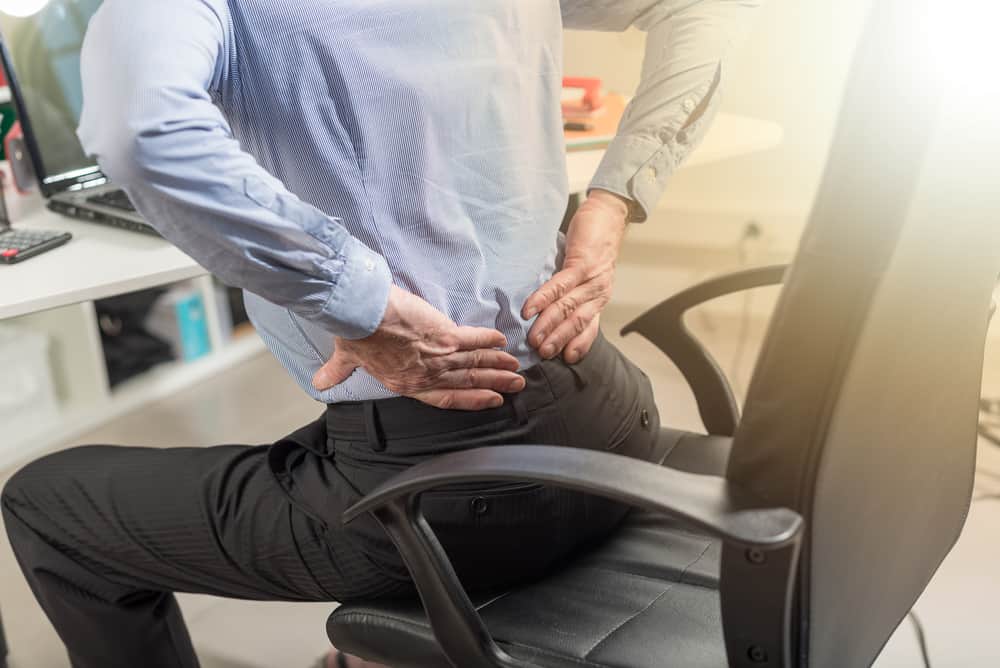Contents:
- Medical Video: Diagnosis and Evaluation of COPD
- What is COPD exacerbation?
- Exacerbation is a sign of advanced COPD. So, what are the symptoms?
- What are the triggers for COPD?
- What are the symptoms of COPD exacerbations?
- How to treat COPD exacerbations?
- How to avoid COPD exacerbations?
Medical Video: Diagnosis and Evaluation of COPD
People with COPD disease may initially not realize that this disease he has. Usually, they only realize when the condition gets worse. This is caused by the absence of symptoms or only mild symptoms during the early stages of COPD. As the disease worsens, symptoms usually get worse. This condition is called exacerbation. Exacerbation is a condition in which a person's symptoms of COPD get worse. What do we need to know about COPD exacerbations? Consider the following review.
What is COPD exacerbation?
In people with COPD, exacerbation is a condition in which the symptoms of COPD that you experience worsen. The worsening of COPD symptoms is also called flare-upCOPD. At the beginning of this disease, you may not be aware because the symptoms that come can be very mild and even tend to cause no symptoms.
Over time, ignorance of a disease in the body might make you not do something to improve his condition. Finally, the symptoms of COPD that you experience get worse and cause you to experience exacerbations. People with COPD who experience exacerbations are people who are very susceptible to other diseases that make their condition worse.
Exacerbation is a sign of advanced COPD. So, what are the symptoms?
People with COPD have damaged lung conditions. When not treated, the condition of COPD may worsen. Some severe symptoms may require you to do hospital treatment. The more severe lung damage you have, the more severe the symptoms that occur. These symptoms can interfere with daily activities such as walking or even changing clothes. Signs that your COPD worsens and increases the risk of exacerbations are:
- prolonged cough
- cough accompanied by excessive mucus production, often referred to as "smoker's cough"
- Asphyxiate
- shortness of breath that gets worse during physical activity
- wheezing
- swelling of the legs, wrists, or soles of the feet
- weight loss
- reduced muscle endurance
- the color of mucus becomes yellow, green, brown or bleeding
- short or fast breathing, beyond the normal amount for you
- fever
- dazed or excessive drowsiness
What are the triggers for COPD?
Many triggers can cause flare-up. The most common trigger is often an infection. According to an article on American Family Physician in 2001, bacterial infection was a factor that contributed to 70 to 75 percent of COPD exacerbations. Whereas 25 to 30 percent of the causes of COPD people experiencing exacerbations are viruses.
Air pollution and other environmental irritants can also trigger flare-up COPD. Understanding any triggers that have the potential to cause worsening of symptoms, and trying to avoid them can greatly help reduce the number of episodes flare-up and hospital visits.
What are the symptoms of COPD exacerbations?
Exacerbation of COPD can be life threatening. If you experience worsening of COPD symptoms, you may need to seek medical attention immediately. According to the COPD Foundation, there are several symptoms that can indicate acute exacerbations. Symptoms are medical emergencies that require urgent attention. The symptoms of exacerbations are:
- inability to regulate breathing or talking
- dazed or excessive drowsiness
- fast heartbeat
- nails or lips blue or gray (a sign that the body lacks oxygen)
- increased mucus production
- mucus color changes to brown, yellow, green, or bleeding
- fever
- symptoms do not improve even after taking the recommended treatment
How to treat COPD exacerbations?
Worst case of flare-up COPD aka exacerbation is to handle it through hospital treatment. Treatment for exacerbationsCOPD can include:
- treat causes flare-up, such as with antibiotics or bacterial infections
- drugs to open airways (bronchodilators)
- oxygen therapy
- drugs to reduce inflammation such as systemic glucocorticosteroids (oral or inhalers)
Because COPD patients are at risk for developing blood clots in the lungs, medics sometimes also provide prophylactic therapy for deep vein thrombosis as a preventive measure.
How to avoid COPD exacerbations?
Even though COPD is an incurable disease, there are still ways to make this disease not cause even worse symptoms. You can control or even prevent it from starting with yourself.
The first step you can take to prevent exacerbations is withdo not smoke and avoid air pollution. Stop smoking if you still smoke and stay away from cigarette smoke. Getting a flu shot or pneumonia is also a good idea to prevent infection. You can ask about a pulmonary rehabilitation program that uses a combination of education, exercise, and nutritional counseling to help relieve your symptoms.
Another good idea to prevent exacerbations is by keeping the discipline in fulfilling all your doctor's appointments even if you feel good. Maintain good personal hygiene, such as washing your hands regularly. You can also bring a small bottle hand sanitizer just in case when you don't wash your hands.
Avoid touching the mouth, eyes, and nose in public places to prevent germs from entering the body. Avoid a large group of people during the cold and flu season to help prevent COPD exacerbations.
Hello Health Group does not provide medical advice, diagnosis or treatment.












